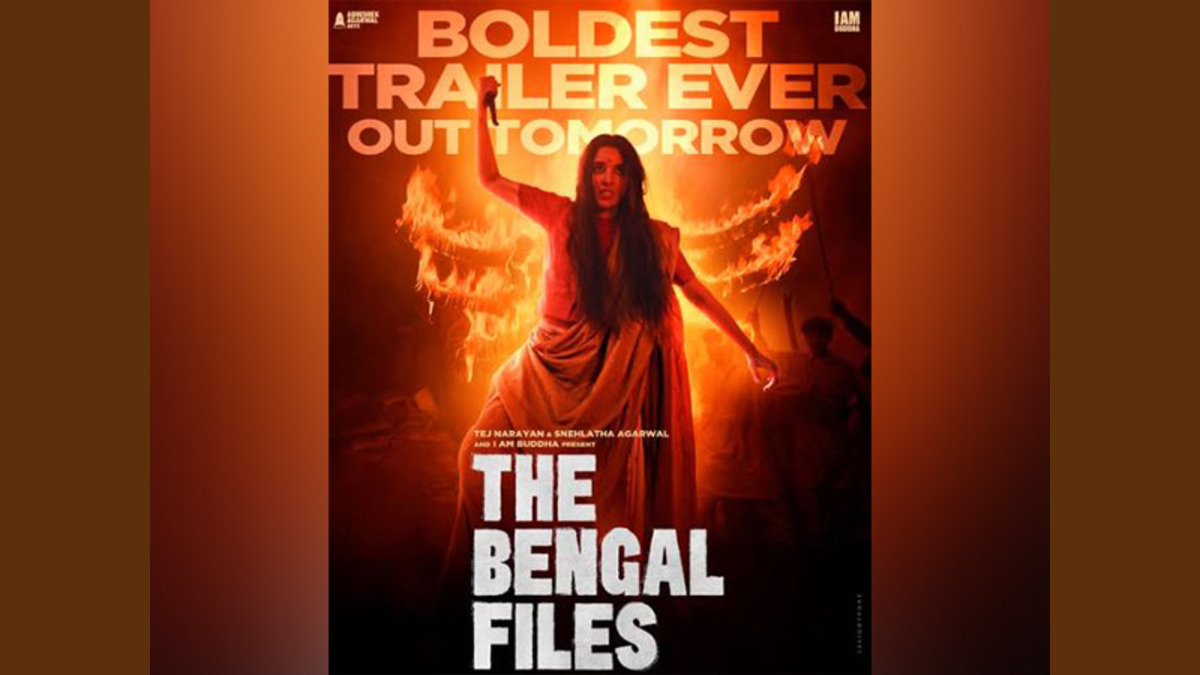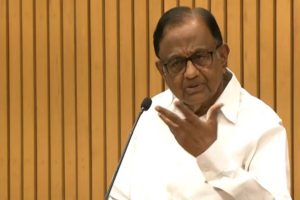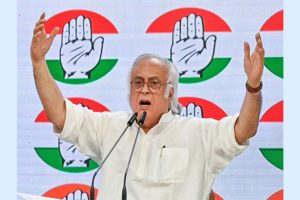Amid allegations of an “unofficial ban” on filmmaker Vivek Agnihotri’s The Bengal Files in West Bengal, Trinamool Congress (TMC) leader Kunal Ghosh clarified that the decision rests entirely with cinema hall owners.
Responding to actor-producer Pallavi Joshi’s claim that theatres were pressured into withholding screenings, Ghosh asserted, “This is a democratic state. The decision is of the hall owners. If someone decides not to participate in fact-less propaganda, that is their decision. The government and the party have no connection with this. Vivek’s conscience is a selective conscience.”
The controversy began after Joshi wrote to President Droupadi Murmu seeking intervention to ensure a peaceful release of the film in West Bengal. The film, which released nationwide on September 5, explores Bengal’s pre-independence communal violence, including the Direct Action Day and Noakhali riots of 1946.
Director Vivek Agnihotri alleged that theatres in Bengal were being pressured by authorities. “My distributors told me that the police directly called multiplex networks warning of consequences if the film is released,” he claimed.
State minister Chandrima Bhattacharya rejected these accusations, saying no pressure was exerted on distributors. “If they were actually pressured, they would have spoken up. This is nothing but an attempt to malign the state,” she stated.
Theatre owner Arijit Dutta, Managing Director of Priya Entertainments, explained that the issue was logistical. “I have a single screen with four shows, mostly Bengali films. All four shows were already blocked, so I had no slots for this film,” he said.
Meanwhile, BJP leader and Bengali actor Rudranil Ghosh likened the situation to censorship in Pakistan. “It is sad that this film hasn’t been released in Pakistan or West Bengal. Both governments want to suppress the bitter truth of 1946, which has been hidden time and again,” he remarked.





